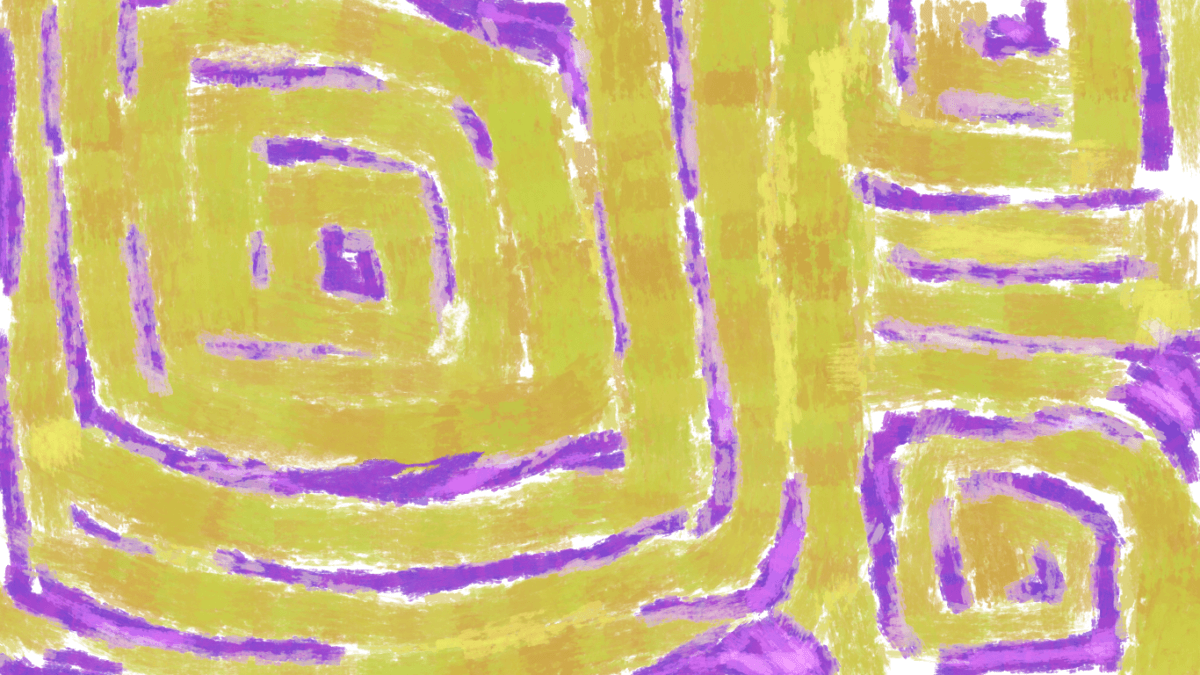A few days ago, I went to a 24/7 convenience store near the City Bus Station. I was strolling around the aisles when my attention was caught by the recent edition of Quadrant in the magazines section. Particularly attention-grabbing was an article written by former prime minister Tony Abbott about the Ramsay Centre of Western Civilization. I was aware of the recent furor surrounding the Centre and its proposed collaboration with the ANU to create a ‘Bachelor of Western Civilization’ degree. Intrigued, I went over and gave it a quick read: Abbott went through the rationale behind the centre and the life of its namesake, Paul Ramsay.
Personally, I find no fault in theoretical foundation and structure of the plan. A degree focused on Western Civilization that would, according to Abbott, be studying how the West coped with the biggest challenges of humanity would certainly have something to offer academically. Abbott said that the pedagogy would be based on the style of teaching of Oxford and Cambridge. This is not a bad idea. Nor did I find it particularly jarring that the Center would provide scholarships for both undergraduate and postgraduate students for the purpose of the study of Western Civilization. This would provide economically disadvantaged individuals with access to higher education, which is almost universally recognized as a good.
However, I find particularly the rationale behind the degree itself puzzling. What I understood from the article was that Western civilization is an intrinsically valuable concept and that many people would love to live in it. But a lot of young people are turning away from this and therefore it needs advocacy if it is to survive. This degree is part of the Center’s efforts to do just that. Now, I agree that Western Civilization and way of life is valuable. Indeed, one of the reasons I chose to study in Australia aside to gain a better education was to gain an understanding of what it is like to live in a Western society. Now, after almost 1.5 years, I am a firm supporter.
The very notion that Western civilization in Australia is somehow under threat of abandonment and in a way dying confound me. I certainly do not find it so. Call it an outsider’s perspective or anything you like, but I find that Western civilization permeates almost every fibre of Australia and that it is indeed alive and well. It lives in the political institutions and safeguards of Australia’s democracy. It lives in the academic culture of the university, with its emphasis of rational thought and empirical pedagogy. It lives through the courts, and the principles of rule of law. It lives in the media and the poor, often abused concept of free speech. It lives through civil society actors and the ‘thousand points of light’ that are charities. It lives through the now universal concept of human rights. I haven’t even begun to mention the way it lives through popular culture. Any degree that holds as its basic rationale an advocacy of Western civilization is, I think, superfluous.
There is also a risk that the degree is run according to the same academic standards and enjoy the same academic independence as the rest of the undergraduate offering. If this risk eventuates, the degree could be subpar, not nuanced, and not in good faith. It would also be uncritical. Emphasizing critical thinking was supposed to be one of the West’s strong suit. Any degree which aims to promote Western Civilization by uncritically affirming it is paradoxical.
This is not to say that we should not have the degree at all, mind you. Reasonable minds might differ and I find it a good idea to have an equivalent degree to Bachelor of Asian Studies for any international students who are interested in studying Western Civilization. This is probably not the primary intention of the centre in creating the degree. But I believe if academic quality, independence, nuance are guaranteed and that the degree is conducted in good faith, it can be a force to foster a deeper understanding across cultural lines. It might also increase the option available for international students if they wanted an education in the humanities. The concept of a quality Oxbridge-like degree closer to the region could indeed appeal to future Asian students who may not have the chance to go to the UK.
We acknowledge the Ngunnawal and Ngambri people, who are the Traditional Custodians of the land on which Woroni, Woroni Radio and Woroni TV are created, edited, published, printed and distributed. We pay our respects to Elders past and present. We acknowledge that the name Woroni was taken from the Wadi Wadi Nation without permission, and we are striving to do better for future reconciliation.
